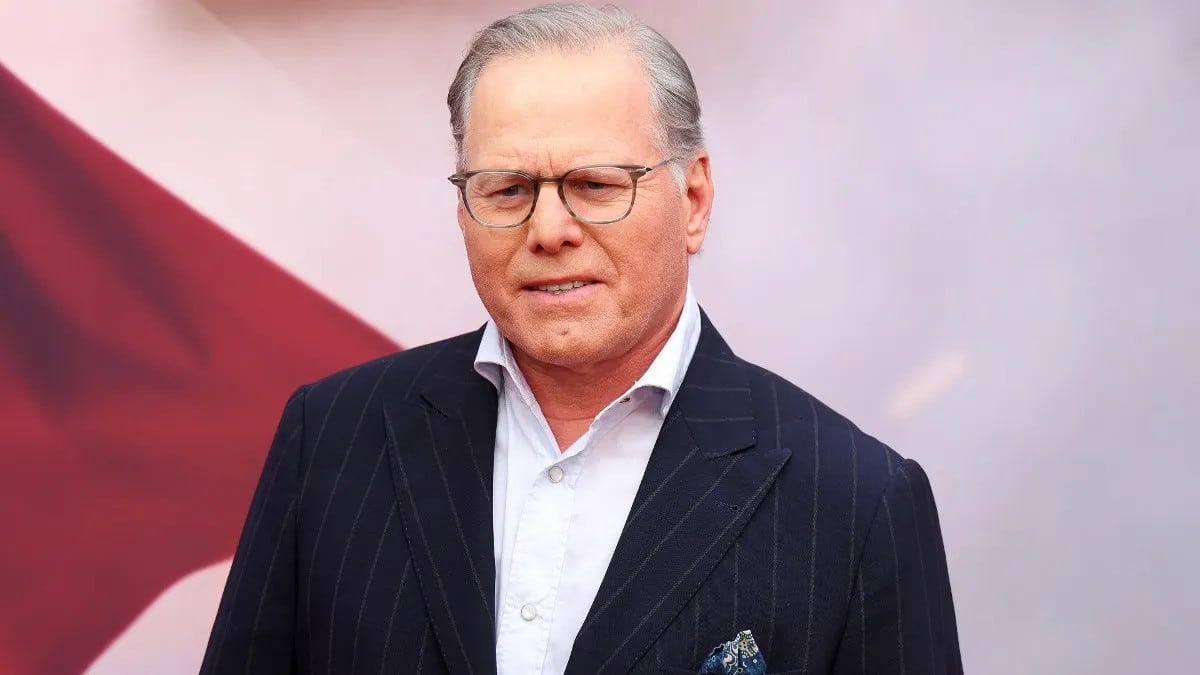Before its Friday earnings report, Warner Brother Discovery announced that it managed to attain profitability for its direct-to-consumer unit. This included its streaming services including MAX which saw a steady 103 million in EBITDA. It’s an improvement compared to its loss of 2.1 billion back in 2022 and continues the company’s attempts at remaining cash flow positive without adding more to its debt. Yet, as the morning bell rang, hard truths had shaken the reality of where the company stands for its investors causing WBD to drop a whopping 13% in value this morning.
Most financial pundits cite concerns regarding the direction of the company and the fact that it has no real news regarding its financial projections forecast for this fiscal year. The lack of fiscal year guidance is unprecedented compared to quarters past, with many of WBD’s biggest film releases, such as Mickey 17 and Superman: Legacy, having release dates set to 2025.
Atop of this, despite stabilizing its debt for now, the company has lost 40% of its market value in a single year. This translates to a loss of over 16 billion dollars for a company whose total market cap, is a little more than 20 billion as it stands today. Problems have been placed on delays due to the WGA strike as those partially responsible, but the truth is, even before that reset reality had hit Hollywood with these strikes, WBD had already been hemorrhaging money. As it stands, the company has lost 40 billion dollars in market cap since April of 2022 making it worth 1/3rd of what it was in a mere two years.
Despite adding 1.8 million subscribers to its streaming platforms this quarter, most of that number came from the acquisition of Turkish streaming service BluTV. For good reasons, shareholders are upset with these results, which led to the selloff that happened this morning. It should also be noted that all of these losses have occurred under new CEO David Zazlov’s regime, who’s been in charge since May of 2021. When asked for plans regarding this fiscal year regarding WBD’s strategy, Zaslav stated in the earnings call:
“We have an attack plan for 2024 that includes the rollout of Max in key international markets, a more robust creative pipeline across our film and TV studios, and further progress against our long-range financial goals.”
Despite the statement, it should be noted that streaming has hit a peak even amongst international markets. Growth has stalled across the board for streaming services and it doesn’t help that WBD had just licensed out its IP to other streaming rivals such as Netflix, who should be considered as all other streaming services’ greatest rival. Atop of this, the creative pipeline for WBD in terms of film has only a few big releases, most of which come out this spring with Dune Part 2, Godzilla x Kong, and Furiosa. Likewise, the Joker sequel as it stands, may be the only major title in production set for release this October.
To make matters worse, ad revenue was reported to have dropped by 9%. However, this is less surprising in a world where ad revenue across the board has been lowered almost everywhere. In addition, studios revenue tumbled 18% to $3.2 billion. Despite all these changes, CEO David Zaslav reported he expects streaming to retain its profitability in 2024.
The company has also made claims about pivoting focus on its sustained IP including its popular adaptations of its characters with DC comics. As it stands, a lot falls on the line with James Gunn on getting the DCU running. WBD’s financial future may, in fact, depend on it.








David Zaslav was CEO of Discovery since 2006 and has been CEO of Warner Bros. Discovery since it’s formation in April 2022 when Discovery bought WarnerMedia from AT&T.
So what ever you mean by ‘David Zazlov’s regime, who’s been in charge since May of 2021’ it’s wrong.
Cash flow kills
Market Value hurts
The name of the game is keep the Cash Flow high enough to keep the lights on.
Comments are closed.